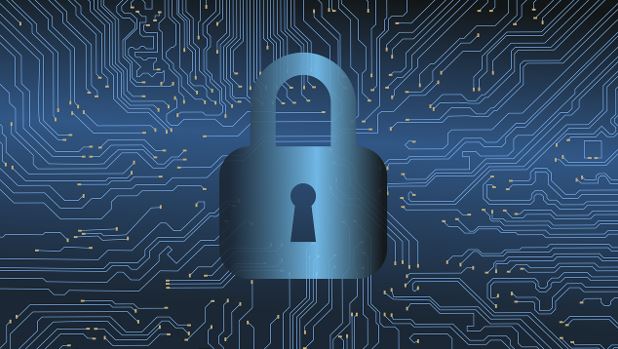
Have you ever heard of brute force attacks? In case you haven’t, it’s a type of attack where cybercriminals run lots of different password attempts through their special programs until they finally guess it. (Or don’t guess it if the password is strong enough). Only weak passwords are susceptible to such attacks.
Another danger to business passwords is phishing. This is when hackers employ digital scams to extract business passwords from employees.
How would your business passwords do if they were targeted? Would hackers be able to obtain your business passwords, or would they have better luck targeting a different business? Password security is a paramount factor for any successful business, so read carefully: you’re about to learn the most crucial business password security guidelines.
A mix of character types
There’s a reason why many platforms require users to use complicated passwords with at least one uppercase letter, a number, and a symbol. The number of possible password combinations goes way up as soon as you add a special symbol to your password. That also means that it’s way more difficult to hack such a password.
At least 12 characters
A short password is easy to guess, regardless of how many different symbols you use. For example, if you use just 4 or 5 characters, it doesn’t matter how complicated it is: a skilled hacker with some determination will likely be able to guess it. Generally, the longer password, the better, and you should always use at least 12 characters.
Unique passwords for all accounts
Never make the mistake of using the same password for more than one business account. Despite how strong the password is, you don’t want more than one account to be at risk if one password is leaked.
If you have a lot of accounts and a lot of passwords to manage within your business, it may be a bit tricky to manage all of these passwords without forgetting or losing them. In this case, the best way to keep your business passwords in check is by using special cybersecurity software that will generate and store all of your business passwords.
Be random
If a hacker were to try to guess your business passwords, they might start by using various combinations with your business name, employee names, and other specific information related to your business and employees. Avoid using any of this information in passwords. Generally, the best passwords are the ones that look gibberish.
Also, don’t use passwords that are easy to type because the letters are close to each other on the keyboard. While passwords like “asdfg” or “1q2w3e4r” may seem gibberish and difficult to hack, that’s not the case. Passwords like these are actually quite widespread, so if you use a password similar to the ones mentioned, your accounts are not protected against password guessing techniques.
Two-factor authentication
Passwords alone just don’t cut it anymore, despite how strong your passwords may be. Hackers can get their hands on your business passwords through techniques like phishing (fake emails sent by hackers to get people to reveal their information). The reality is, no matter how strong your password is, it’s never fully protected from hackers. This means that you need to add a second (or maybe even third) factor of authentication to your business accounts to really keep them safe.
There are many different types of two- or multi-factor authentication. You can use an email, a phone number, or biometrics. Whatever you choose, that extra factor of authentication will make your accounts much safer from cybercriminals.
Renew passwords every few months
Even if there have been no signs of a hacked account or leaked passwords, it’s better to be safe than sorry. Anybody from your business may have fallen for a phishing scheme without knowing it, and your business passwords may be lurking on the dark web. That’s why changing passwords every few months is an important step to take.
Raise awareness
If your business passwords are super strong, but your employees aren’t educated on cybersecurity, then there’s not much use of your strong passwords. Your employees will probably get them leaked sooner or later. Let everyone from within your company know how important it is to use strong passwords and why. Instruct them to always follow the above-mentioned guidelines when it comes to creating and changing passwords.
You should also raise awareness of the threats of phishing. As mentioned earlier, phishing is a type of scam where hackers send out fake emails (or text messages or any other form or message) trying to trick employees into telling them restricted company information like passwords.
An example of phishing may be an email that looks like it was sent by a colleague. This email may be asking the employee to remind them of one of their business passwords because they “forgot” and need to access that account immediately. An employee that is uneducated on the threats of phishing may give this information away without even thinking about it.
Conclusion
Business password security is one of the most important yet most overlooked factors in any company. Your passwords are the main thing separating your company’s most sensitive data from hackers, competitors, and other outsiders. A leak in business data is one of the most damaging things that can happen to a company. Therefore, business password security should never be neglected. Follow these guidelines for stronger business security and smooth business operations.
You may be interested in: Six best cybersecurity practices for companies today

